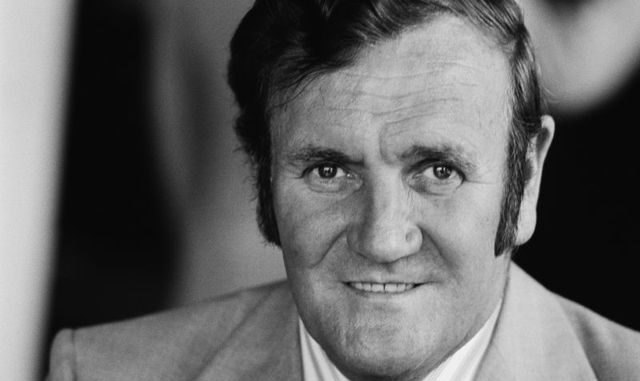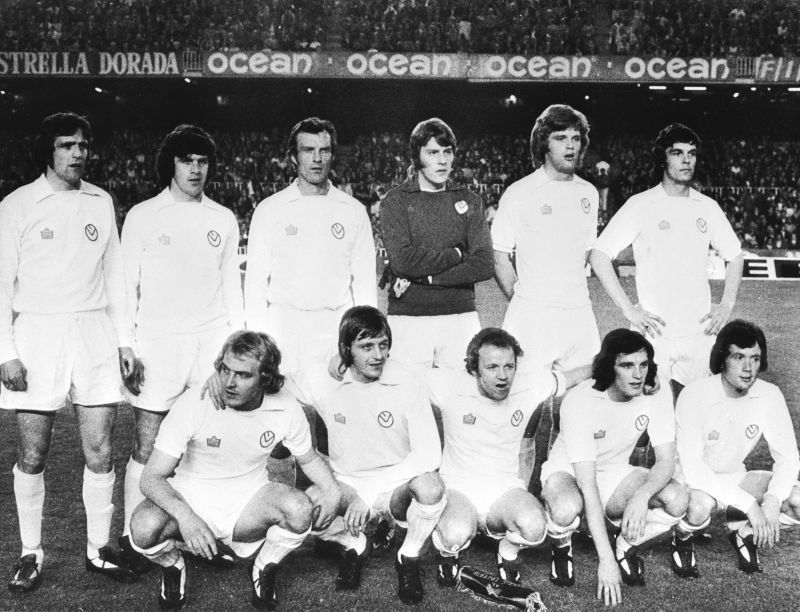
Leeds United and the ghost of Don Revie
Revie’s first tenure as a player occurred in 1944, when at 16 years of age, he joined Leicester City. This proved to be the beginning of a tiny football career, a chance he embraced with both hands since it was his only means to dodge the cold reality of poverty.
When Revie was 33, in March 1961, the Leeds United board of directors decided to take a bet and made him the manager of the team.
Billy Bremner, a player with whom Revie had played, and who would also play a vital part during Revie’s term as Leeds manager, remembered of Revie:
“Overnight he had to make the adjustment from being one of the lads to becoming the boss. The manner he influenced the changeover is a characteristic of the guy himself.”
Revie possessed the understanding that few football managers have had, or will ever have. He understood the players he would be dealing with inside out, from being a coworker to being the boss. This was key to his success at Leeds United.
He was possibly the first manager, at least in English football, who lay major emphasis on man-management. Revie thought that constructing a successful squad was far more about plain tactics and preparation. It was also crucial establishing a solid connection between the players and the management. More crucially, Revie invented the notion of ‘Boss’ in English football.
Don Revie would go on to construct a side of winners, however his first job during his inaugural season in command was to prevent Leeds United from relegation, which he achieved successfully.

Leeds United and Don Revie: The success and the hatred
- Revie was lucky to have inherited a core group of players who were in their late teens. Players like as Billy Bremner, Norman Hunter, Gary Sprake the goalie and Paul Reaney gave character to the Leeds United squad.
Bremner, particularly, was a highly prominent player in the dressing room and was an outstanding captain. Later, Revie would add Terry Cooper and Peter Lorimer to his squad at Leeds United, players who considerably developed under his instruction.
However, Revie’s Leeds United became recognized for other less attractive reasons as well. His attitude was dubbed brutal as Leeds United developed an extremely physical approach to their game.
Revie concentrated on the all-or-nothing strategy, which meant that his players did not shy away from turning to the black arts when the going got rough. Some managers blame Don Revie for eventually damaging English football with his harsh methods. Thus the monicker ‘Dirty Leeds’ was formed.
This is likely one of the reasons why Revie’s art is not acknowledged beyond West Yorkshire. Although revered by the Leeds United supporters, both Revie and his squad were scarcely acknowledged in other areas of England. Other teams regarded Leeds United threatening, and now it forms part of the Leeds-Revie story.
In his 2010 book Revie: Revered and Reviled, Richard Sutcliffe quotes Eddie Gray, a player who played for Leeds United, characterize their attitude best when he said:
“It was brutal stuff and definitely win-at-all-costs.”
Later, Sutcliffe also claimed in his book that in 1963, the English Football Association’s own FA News declared Leeds United ‘the dirtiest (team) in the football league.
However, others such as Johnny Giles backed Revie’s attitude to football. He said:
“When people speak about Leeds being nasty, they forget that that was the culture back then. You have to care for yourself. There were so many guys around who would now be banned all season long. We simply made sure nobody ever succeeded to intimidate us.”


Leave a Reply